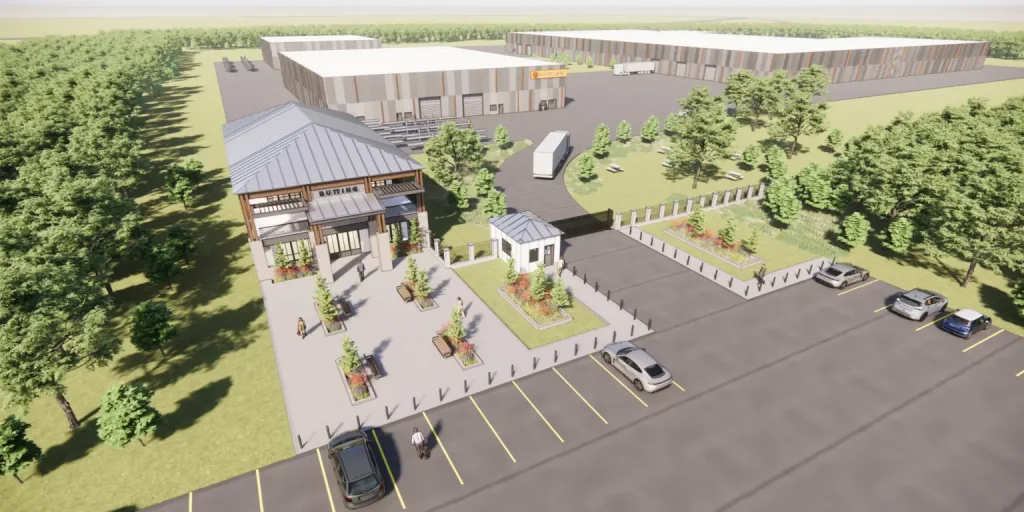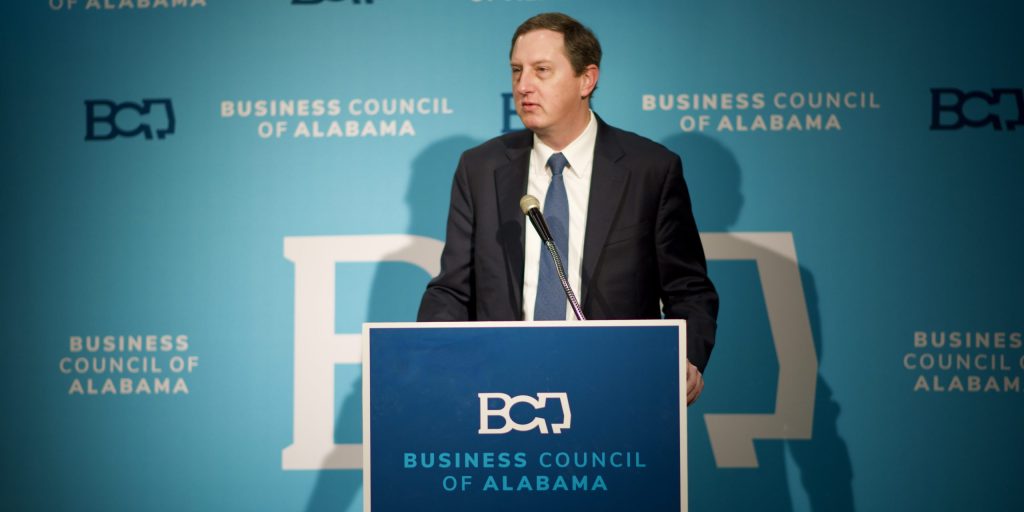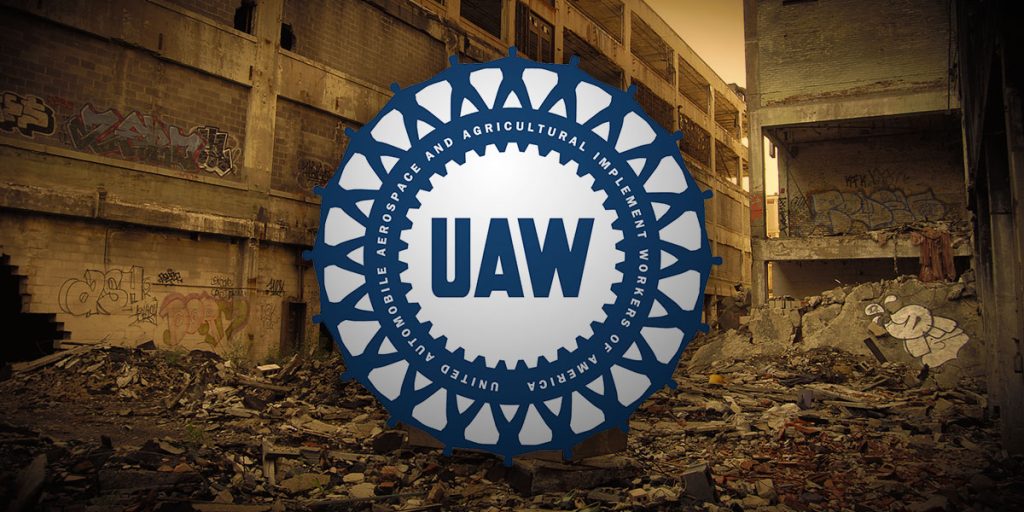Over 20 years ago, Montgomery, Alabama’s economy relied mainly on state government roles, due to its capital status, and jobs from the Maxwell/Gunter Air Force bases.
Other parts of the state had dramatically benefited from large manufacturing projects, such as Mercedes Benz locating between Tuscaloosa and Birmingham, Honda selecting Talladega, and Mazda Toyota planting roots near Huntsville.
However, the River Region continued to lag behind while the rest of the state prospered.
This all changed in 2002 when Hyundai Motor Manufacturing Alabama broke ground on its first U.S. automotive plant just off I-65 in southwest Montgomery. Along with Hyundai’s promise of jobs, a number of suppliers manufacturing parts for the factory began dotting the area, providing even more employment opportunities.
For the first time in a long while, families were moving to Montgomery for the opportunities that Hyundai offered, rather than leaving Montgomery to seek better prospects elsewhere.
Originally expecting to invest just $1.1 billion and create 2,000 jobs, Hyundai’s commitment to its 3.4 million square foot plant and our region has grown dramatically over the years to today represent a $1.8 billion investment and 4,000 jobs—double its original employment estimate.
The jobs provided are not low-wage, low-skill, temporary positions but are, instead, long-lasting, high-paying, 21st-century jobs that will remain here for decades to come.
While pastoring the 2,000-member Fresh Anointing House of Worship, I witnessed firsthand how Hyundai’s employment brought hope and prosperity to many congregants and positively impacted Montgomery’s community through the company’s dedication.
However, all this could soon be lost if negative forces from outside our state have their way.
The United Auto Workers (UAW) labor union, based in Detroit, Michigan, recently announced an effort to begin organizing the workforce in Alabama’s automotive plants, including the Hyundai facility in Montgomery.
If those efforts are successful, we may soon see jobs at Hyundai, its suppliers, and other manufacturing facilities flee our state for more hospitable economic climates that do not offer the threat of labor strikes, union demands, and steadily increasing costs of doing business.
Alabama’s wealth in industrial recruitment stems from being a right-to-work state, where union activity is historically low and a pro-business climate pervades our government at both the state and local levels.
In its recruitment efforts, the UAW is dangling the lure of false promises it cannot keep.
While labor unions may be needed in places with low salaries, paltry benefits, and a bleak future outlook, Alabama’s automotive manufacturing landscape offers the complete opposite—generous salaries and benefits, high employee satisfaction, and limitless prospects for continued expansion if organized labor is rebuffed.
In fact, Hyundai recently announced a $300 million expansion and the addition of 200 new jobs at its Montgomery plant, while one of its major suppliers, Hyundai Mobis, is investing $400 million in a 400-job facility that will manufacture batteries for electric vehicles.
When the River Region is reaping high-wage automotive jobs and new opportunities, it makes no sense to risk it all by linking arms with out-of-state labor union interests. They don’t live in Alabama; we do.
Having collaborated with Hyundai’s leadership over the years and spoken with numerous congregant employees, I’ve found Hyundai’s leadership highly responsive to our community’s needs, proving we can address changes internally without external assistance.
I urge the employees of Hyundai to stand strong. Don’t let the UAW in. Bring your concerns to the leadership of the plant and community leaders. We will serve you.
Be careful, Hyundai employees. The bait may be tempting, but the bite could really sting. Everything that glitters is not gold. It’s a bite that could negatively affect the economic viability of our entire community.
Kyle Searcy is a community leader and former pastor of the Fresh Anointing House of Worship in Montgomery, Alabama. He is also a leadership coach and consultant, as well as the presiding bishop of the Fresh Oil Fellowship of Churches, with many churches in North America and Africa.













